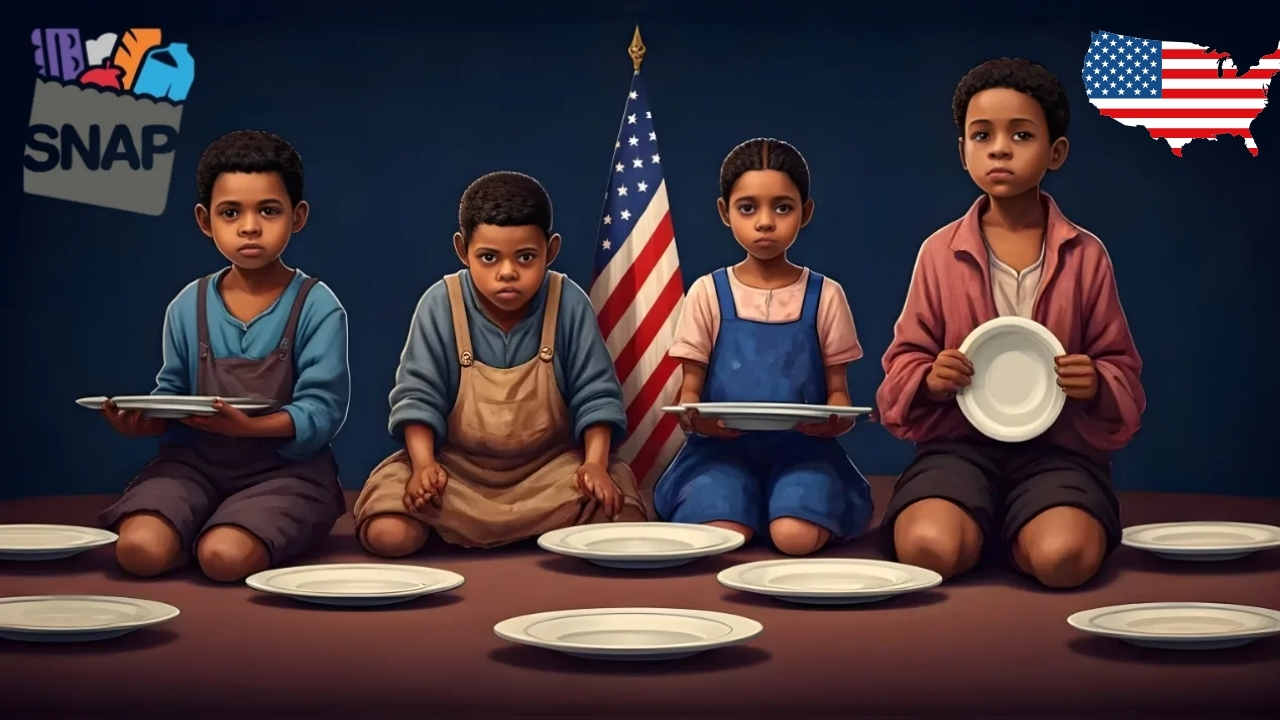Many low-income Americans rely on the Supplemental Nutrition Assistance Program (SNAP) to buy healthy food every month. With a U.S. government shutdown on the horizon, SNAP recipients face growing uncertainty. Each shutdown brings funding instability that disrupts benefit distribution, impacting families, retailers, and local communities across the country.
More SNAP Means More EBT Cards
When a household includes children, elderly, or disabled members, it is the government’s duty to help meet their most basic needs. SNAP plays a vital role in fulfilling that responsibility. Benefits supplement household budgets by offsetting grocery costs, and EBT cards—accepted at major retailers and grocery stores nationwide—enable families to access nutritious food every month. These benefits help families stay healthy and maintain stability.
How a Government Shutdown Threatens SNAP
When the federal government shuts down because of budget disagreements, SNAP funding can quickly run dry. Since SNAP operates through annual federal appropriations, the U.S. Department of Agriculture (USDA) cannot continue payments during an extended shutdown. As a result, benefits may stop for millions of Americans, cutting off access to essential groceries and food staples.
State agencies that administer SNAP benefits also face major challenges. While some states have limited reserve funds to temporarily cover benefits, these funds vary widely and are quickly depleted. A prolonged shutdown would force many families to go without food for extended periods.
| Factor | Impact |
|---|---|
| Number of SNAP Recipients | Over 40 million Americans |
| Funding Source | Federal government appropriations |
| Shutdown Effect | Halt or delay of SNAP payments |
| State Response | Use of reserve funds varies |
| Community Impact | Increased reliance on food banks and aid |
Looking at the Larger Picture
SNAP benefit disruptions extend beyond households—they affect grocery stores, small retailers, and entire local economies. Businesses that depend on SNAP transactions may experience reduced revenue, especially in low-income areas where EBT usage is common. These economic shifts can lead to further instability in affected communities.
During benefit interruptions, food banks, churches, and community organizations experience surges in demand. As more families lose access to SNAP funds, these groups become vital lifelines, helping to prevent hunger and food insecurity. Families are encouraged to budget carefully, monitor their EBT accounts, and seek support through community programs if needed.
SNAP recipients should remain informed by checking official updates from the USDA and their state agencies. Planning ahead, conserving benefits, and connecting with local food programs can help families weather short-term disruptions.
Ultimately, SNAP is a cornerstone of America’s food safety net. Policymakers must ensure that budget negotiations do not jeopardize this lifeline. Access to food is not only a matter of health—it’s a matter of dignity and social stability.
FAQs:
Q1: Will I receive SNAP benefits in October 2025 during the government shutdown?
Yes. October SNAP benefits will be paid as scheduled and will not be affected by the government shutdown.
Q2: What will happen to November SNAP benefits if the shutdown continues?
If the shutdown lasts beyond November 1, November SNAP benefits will be delayed until Congress restores federal funding for the program.
Q3: Can I use SNAP benefits already on my EBT card during the shutdown?
Yes. Any existing balance on your EBT card will remain available and usable for purchases during the shutdown.

